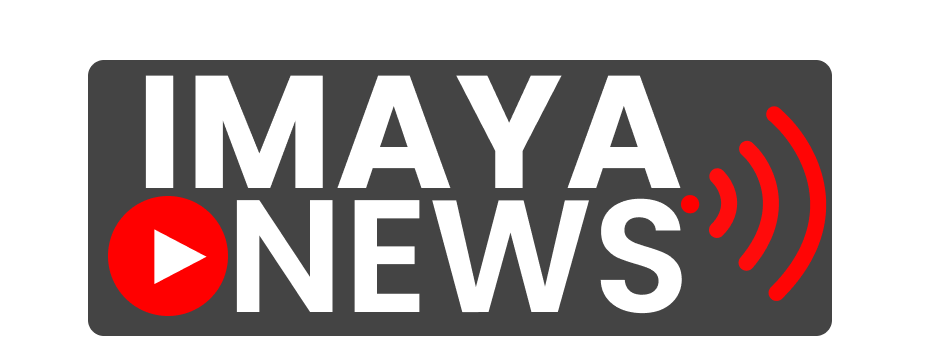
Indian techies and IT firms in the United States are in for a bumpy ride as the Donald Trump-led administration is on the verge of tweaking existing H-1B visa norms.
The new proposal is likely to dent revenues of Indian IT firms operating in the US as it could lead to a reduction in the number of H-1B visa approvals for regular applicants, said ratings agency Icra.
There is a yearly cap of 65,000 on regular H-1B visa issuance along with additional 20,000 visas for those who have an advanced degree from an US institution.
However, the fresh policy under review will favour advanced degree holders, leading to a reduction in regular H-1B visas approvals for Indians. This, in turn, will take a hit on the profitability of H-1B dependent Indian companies operating in the US.
Here are a few points you need to know about the new H-1B visa rule and its overall impact:
What is the new H-1B proposal?
In December 2018, the US immigration services or USCIS proposed reversing of the present norms for H-1B visa selection to favour advanced degree holders the applications under this category are capped at just 20,000 in comparison to the 60,000 limit under the regular quota.
The new selection process
Under the new process, the US immigration services department would select the first 65,000 visas from the cumulative pool of regular and advanced degree holder applicants.
The remaining 20,000 for highly-skilled H-1B visas would also be allotted among the remaining pool of unselected advanced degree holders. This is an attempt to cut down on the number of low-skilled or moderately-skilled foreign workers in the country.
Icra’s vice president Gaurav Jain expressed dissatisfaction over the proposed policy change as it will work against the Indian IT services sector (H-1B dependent employers) as their share of masters degree or equivalent for H-1B visas approved was approximately 27 per cent compared to 55 per cent for non-H-1B dependent employers.
An entity or company is termed as H-1B dependent if more than 15 per cent of its employees are on an H-1B visa.
How it will affect IT firms and Indian techies?
The new policy, if implemented, will lead to a 10 per cent drop in H-1B visa approvals for regular applicants or any applicant without a degree from US universities, according to ratings agency Icra.
While Indian techies applying for an H-1B visa will have lower chances of securing an approval, IT firms will also take a hit on profitability.
H-1B dependent companies will have to increase onshore or onsite hiring, leading to higher wage bills along with factors such as pricing pressure on commoditised services, wage inflation and lower revenue growth. All the factors will negatively impact the revenue margins of such companies if the policy is approved.
How will visa restrictions harm company profitability?
Meanwhile, Indian IT firms in the US have already ramped up onshore hiring as visa issuance norms are likely to be tightened further.
The restrictions on regular H-1B visas will prevent them from hiring entry-level programmers who form a majority of the workforce.
If the new rules see the light of the day, it will not be surprising to see Indian firms post lower offshore revenues.
